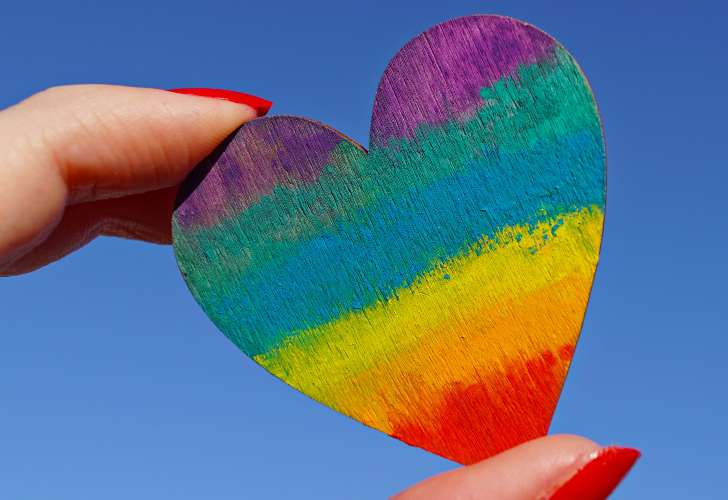HPV is one of the leading sexually transmitted infections in the LGBT community; get vaccinated to prevent it
Among the primary sexually transmitted infections we can find the human papillomavirus (HPV).

Approximately 42.5 million Americans are infected with HPV and there are more than 13 million new infections annually. More than 43% of American adults ages 18-59 are infected with genital HPV, with higher rates among men (45%) than women (40%).
Genital HPV is transmitted by skin-to-skin contact. Its risk is present, therefore, in all LGBT people who have sex.
Transmission occurs more quickly in the presence of irritated skin, as is often the case with penetrative sex.
Most healthy adults will never develop it. However, for people with poor immune system function, HPV infection can rapidly progress to severe dysplasia and cancer.
For this reason, HIV-positive gay or bisexual men have higher levels of both HPV infection and HPV-related disease than heterosexual men.
For women, oral sex and sexual behavior that involves finger-to-vagina or finger-to-anus contact (particularly when penetrative sex toys are shared) can also be sources of infection.
The best way to be healthy is to have safer sex.
To protect yourself from sexually transmitted infections:
Always get tested and have your partner get tested to make sure you both don’t have sexually transmitted infections whether you’re having sex with a man or a woman. Many people don’t even know they have a disease, and others have a hard time being honest about their relationships and their health.
Try to maintain a monogamous relationship since being with a partner who is not infected will keep you safer from contracting any disease.
Try to limit the amount of alcohol and do not use drugs since being under the influence will make you more vulnerable to sexual risks and in the extreme case that you use injection drugs, do not share needles.
Get the HPV vaccine. If you weren’t given the vaccine as a child, it’s available until age 26 and multiple doses may be required.
Vaccination in children and adolescents is very important. If your son or daughter is between 9 and 12 years old, talk to their doctor about the HPV vaccine. The vaccine is safe, effective, and long-lasting.
The American Cancer Society does not recommend vaccination for people over 26 years of age.
The HPV vaccine can help prevent 6 types of cancer later in life:
Cancer of the cervix, throat, vagina, vulva and anus in girls.
Cancer of the throat, penis, and anus in children.
It can also help prevent genital warts.
It is safe and like all vaccines, it can produce some mild effects such as fever, headache, as well as pain and redness in the arm where the injection was given.
For years it has transpired that this vaccine should be applied to girls. The American Cancer Society strongly recommends the HPV vaccine for boys and girls. As they get older, the vaccine can help protect them from infection with the most common types of HPV that can cause cancer. HPV is so common that almost everyone comes into contact with it at some point in life.
Some keys about HPV:
What is HPV
HPV is the most common sexually transmitted infection. There are many different types of HPV. Some types can cause health problems, such as genital warts and cancer.
How it spreads
It is spread by having vaginal, anal, or oral intercourse with an infected person. Also through the skin during sexual intercourse. Many times people do not have symptoms.
Can it cause health problems?
In 90% of cases it goes away on its own without causing health problems, but if it doesn’t it can lead to cancer and genital warts.
Sources: cancer.org
Fundación Huésped
Cancer Network
https://www.cdc.gov/